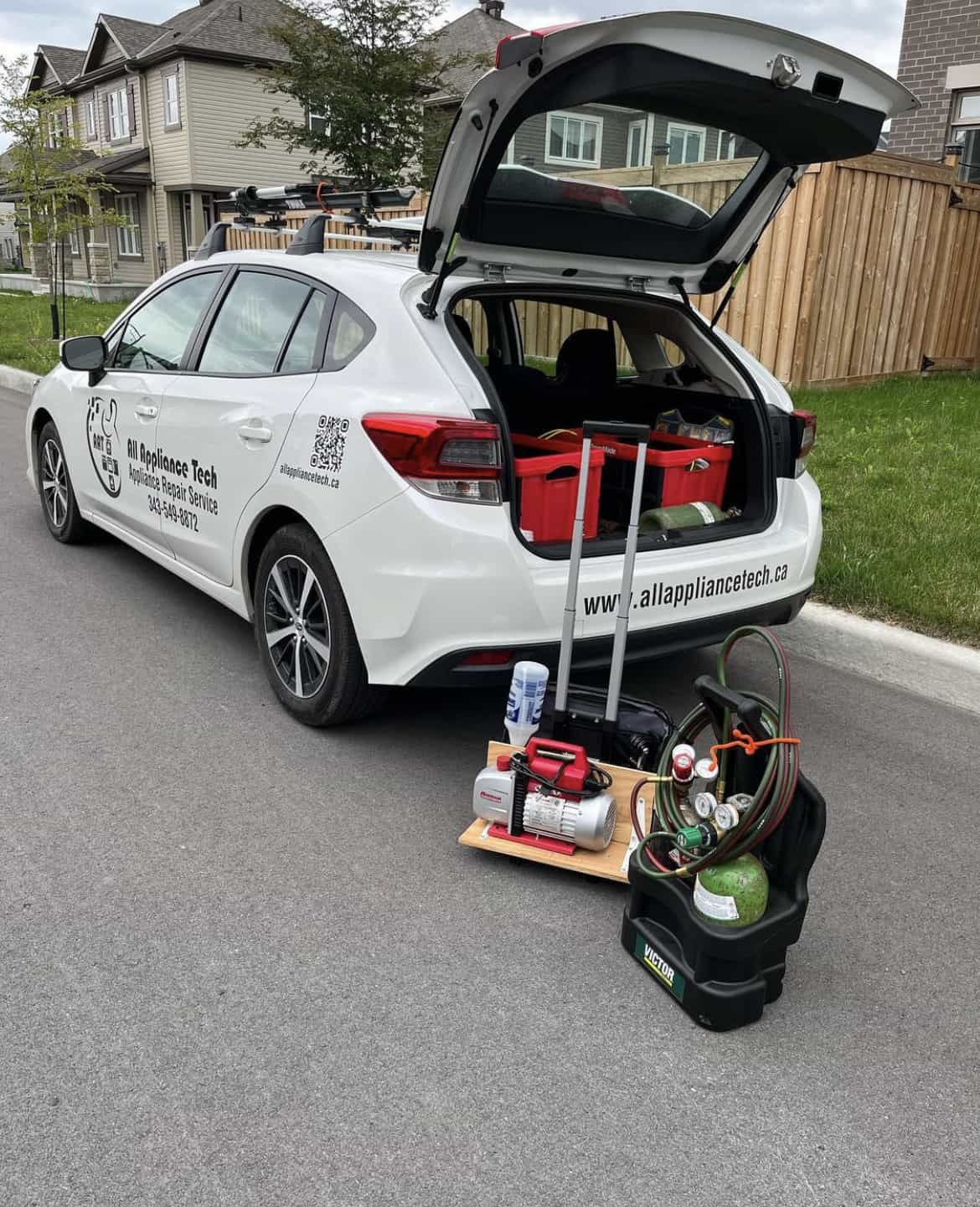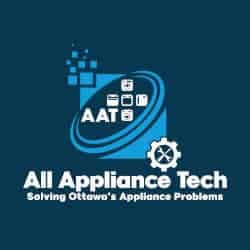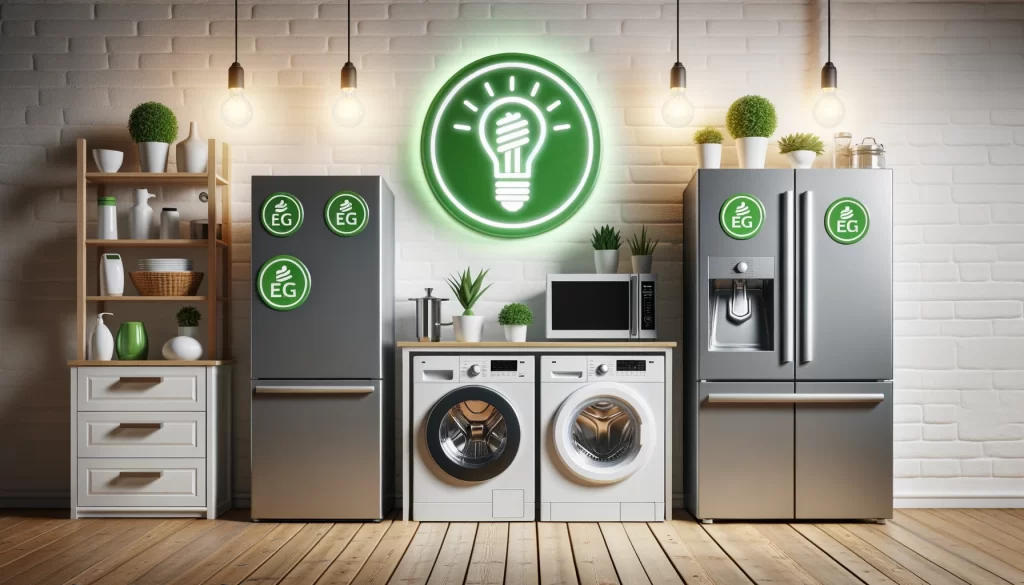Understanding Appliance Energy Efficiency: How It Saves You Money
Hey there, Ottawa! It's Viktor, your local appliance repair tech. Today, let's talk about something that can help our environment and your wallet - appliance energy efficiency. It's more than a buzzword; it's about smarter living. It's important, especially as we see rising energy costs.
What is Appliance Energy Efficiency? When we talk about "appliance energy efficiency", we're discussing how efficiently our home machines use power. Put simply: the less energy an appliance uses to do its job, the more energy efficient it is. So, an energy-efficient washing machine will clean your clothes using less electricity than a less efficient one. Over time, this translates to cost savings for you and reduced environmental impact.
The Science Behind Energy Efficiency
Every appliance in your home transforms electrical power into action. But here's the thing: some of the energy always gets lost, often as heat.
- Refrigerators: Older models might lose cold air due to poor insulation. This means they have to work harder, consuming more electricity to keep your food cold.
- Washing Machines: Inefficient washers may use more water and electricity, running longer cycles than necessary or using more heat than needed.
- Ovens and Stoves: They can waste energy by taking longer to heat up or by not distributing heat evenly. This results in food taking longer to cook, and thus, using more energy.
- Dishwashers: If not energy efficient, they might use excessive water or run longer cycles, leading to higher electricity and water consumption.
- Heaters: An old heater might warm more than required or may not distribute the heat uniformly, leading to energy wastage.
By understanding how these inefficiencies occur, we can make smarter choices when purchasing or maintaining appliances. The goal is efficient operation that benefits both our wallets and the environment.
Key Indicators of Appliance Energy Efficiency
When you're out shopping for appliances, it's essential to recognize the signs of energy efficiency. They might look complex at first, but I promise, it's simpler than it seems.
ENERGY STAR Rating: First off, if you spot the ENERGY STAR label on an appliance, it's a green flag. This symbol is internationally recognized and tells you the appliance meets or even exceeds energy efficiency guidelines. In plain terms: an appliance with this label will be kind to both the environment and your wallet.
Reading Energy Labels: Every modern appliance should come with an energy label, showing its energy consumption. This is usually given in kilowatt-hours (kWh) per year. The rule of thumb here is straightforward: the lower the kWh, the less it'll cost you to run. These labels also rank efficiency from A+++ (super efficient) down to D (not so much). Aim high on this scale!
How Energy Efficiency Translates to Savings
Now, here's the golden question: How do these ratings impact your bills?
- Case Studies: Let's break it down with an example. Imagine two refrigerators: One with an ENERGY STAR rating, and another without. The standard fridge might cost about $90 each year in energy bills. But the energy-efficient one? Only about $60. That's a $30 saving every single year. Over a decade? You're looking at $300 saved.
- The Long-Term View: Think of buying an appliance as an investment. Here's a clearer breakdown:
- Initial Price Difference: Let's say an energy-efficient washing machine costs $100 more than a standard one.
- Annual Savings: This efficient machine saves you $50 every year in energy bills.
- Break-Even Point: So, in just 2 years ($100 ÷ $50), you've made back the extra you spent on the energy-efficient model.
- 10-Year View: Over a typical washing machine's lifespan of 10 years, you'd save a total of $500 ($50 x 10). Minus the initial extra $100 you spent, that's a net saving of $400!
The numbers really do add up. So while the upfront cost of energy-efficient appliances might be slightly higher, in the long run, they're a more economical choice. Plus, they're better for the environment, which I believe is a cause worth investing in.
Appliances Where You Can Save the Most
Energy usage varies greatly depending on the appliance. Here are the appliances that typically consume the most energy, and the potential savings you could reap by replacing older models with newer, energy-efficient ones:
- Refrigerators and Freezers:
-
-
- Old Model: Typically uses around 600 kWh per year.
- New Energy-Efficient Model: Uses about 350 kWh per year.
- Estimated Savings: At an average electricity rate of 12 cents per kWh, you could save approximately $30 per year.
-
- Air Conditioners:
-
-
- Old Model: An old window unit might consume around 1200 kWh annually.
- New Energy-Efficient Model: Modern units can consume as low as 600 kWh annually.
- Estimated Savings: That’s a potential savings of $72 per year.
-
- Water Heaters:
-
-
- Old Model: Old water heaters might use around 5000 kWh annually.
- New Energy-Efficient Model: New models, especially on-demand types, can consume around 3000 kWh annually.
- Estimated Savings: That's a yearly savings of about $240.
-
- Ovens and Stovetops:
-
- Old Model: Old electric ovens might use around 700 kWh annually, and stovetops around 300 kWh.
- New Energy-Efficient Model: New models might use around 550 kWh for the oven and 220 kWh for the stovetop annually.
- Estimated Savings: Combined, that’s a potential savings of about $26.4 annually for both oven and stovetop.
Tips to Maximize Efficiency and Savings for Each Appliance:
- Refrigerators: Ensure the door seals tightly. Defrost older models regularly.
- Air Conditioners: Clean or replace filters monthly during cooling season.
- Water Heaters: Insulate the heater and first six feet of pipes leading into the heater.
- Ovens: Use a microwave or toaster oven for smaller meals.
Maximizing Savings Beyond Buying Efficient Appliances
Switching to energy-efficient appliances is a significant step, but there's more you can do to maximize savings.
- Regular Maintenance: Just like how I ensure an appliance is running smoothly during a repair, regular maintenance is vital. Dust off coils, change filters, and address any strange sounds early.
- Optimal Usage Patterns: Using appliances during off-peak hours can often lead to savings, especially if your utility company has time-of-use pricing.
- Combining Practices: Pairing energy-efficient appliances with energy-saving habits amplifies your savings. For instance, an energy-efficient washing machine used with cold water can significantly reduce energy costs.
Considering the long-term perspective, if you were to update all these major appliances, the combined yearly savings would be approximately $368.4. Over a typical 10-year lifespan, this would sum up to $3,684. These savings, coupled with the convenience and performance of newer appliances, underline the importance of considering energy efficiency in your purchase decisions.
Cost vs. Value: Investing in Energy Efficiency
When it comes to buying appliances, many of us get sticker shock. Sure, energy-efficient models might cost a bit more upfront. But, if you crunch the numbers, the long-term savings are substantial.
For instance, consider an energy-efficient refrigerator that costs $200 more than a standard model but saves you $30 annually in energy costs. Over the refrigerator’s 10-year lifespan, that’s a $300 savings. So, despite the higher upfront price, the energy-efficient model is cheaper by $100 over its lifespan. This doesn’t even factor in the potential costs you might incur from repairs or inefficiencies with older models.
Real-life examples: A friend of mine recently upgraded their decade-old washing machine to a new, energy-efficient model. Though the initial cost was higher by $150, the machine promises to save about $45 per year in energy costs. This means that in just over three years, the savings will cover the additional cost. Every year after that is money back in their pocket!
Closing Thoughts
Over the years, I’ve repaired and seen many appliances, old and new. While I’m always here to help with a malfunctioning device, I believe in helping my community understand the bigger picture. Investing in energy efficiency is not just about doing our part for Mother Earth. It's also about being smart with our money.
So next time you're shopping for a new appliance, think long-term. Think about the Ottawa winters and the global environment. Think about your monthly bills. But most importantly, remember that as consumers, we have the power to shape the market. By choosing energy efficiency, we’re voting for a greener planet and a thicker wallet.
If you want to learn more about appliances, visit our knowledge hub for more articles
Sources:


